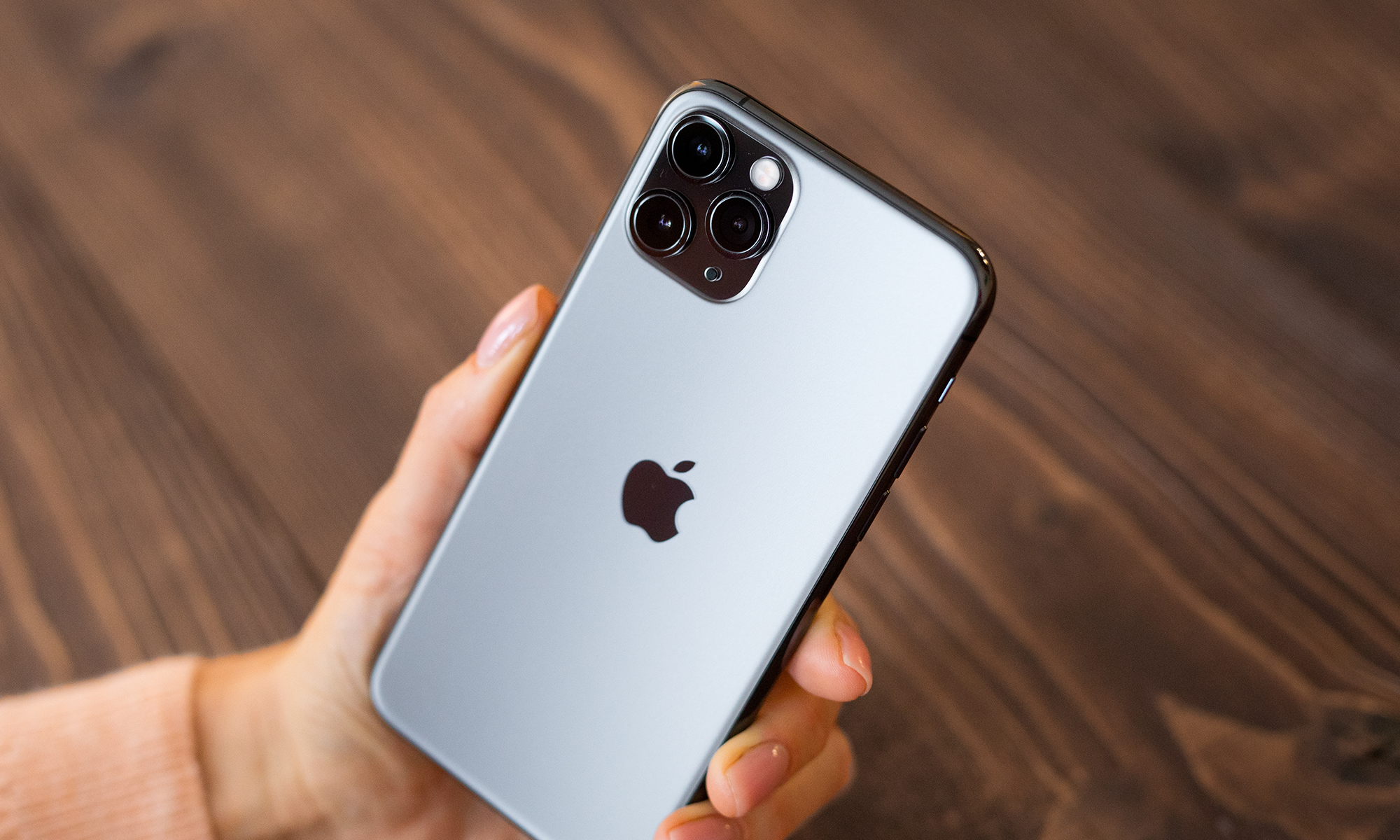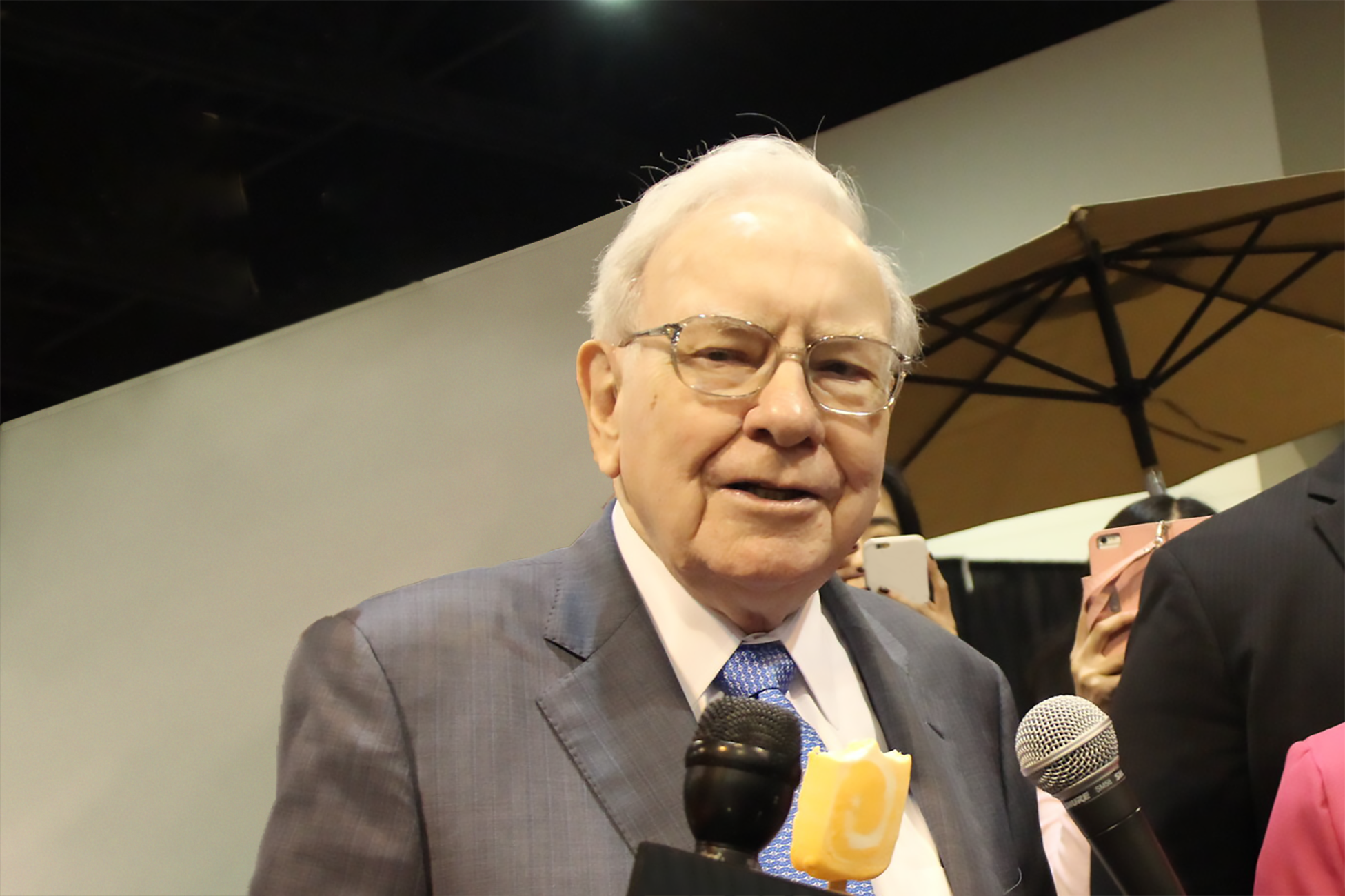Samsung's (NASDAQOTH: SSNLF) dominance of the smartphone market didn't take long: The original Galaxy S debuted in 2010. By the fall of 2011, the company had overtaken Apple (AAPL +2.97%) as the world's largest seller of smartphones. Last year, Samsung shipped more than 300 million of the devices -- Apple sold only half as many iPhones.
But the Korean tech giant has had considerably less success when it comes to tablets. The first Galaxy Tabs debuted nearly four years ago, and still, Apple's iPads far outsell Samsung's tablets. Yet, if current trends continue, it won't be long until Samsung is selling more tablets than Apple.
IDC's latest data highlights a troubling trend
Apple shipped 16.4 million iPads last quarter, down from 19.6 million in the prior year (a 16.1% annual decline), according to IDC. Samsung, meanwhile, shipped fewer tablets -- 11.2 million -- but on an annual basis, shipments rose markedly, up 32%. If these trends were to continue, then by the first quarter of next year, Samsung will be shipping more tablets than Apple.
Apple's tablet weakness is not a recent aberration, but an ongoing trend. With the exception of the holiday quarter, when Apple benefited from a refreshed product line, its tablet sales have been stagnating for nearly a year. By itself, this could be a sign of tablet market saturation, but given Samsung's rapid growth, Apple's tablet weakness might be restricted to the iPhone maker.
What's taken Samsung so long?
If Samsung does manage to overtake Apple in the first quarter of 2015, it will have been more than four years in the making -- a relatively long time compared to smartphones. This discrepancy appears to highlight a number of distinctions between the smartphone market and the tablet market.
The underlying operating system, of course, is worth mention. Samsung's original Galaxy Tab shipped with Android 2.2 Froyo, a version of the mobile operating system that wasn't intended for tablets. Its follow-up, Honeycomb, was, but was widely criticized. It wasn't until Ice Cream Sandwich, released in 2012, that Google's operating system was truly capable of delivering a solid tablet experience.
But perhaps more important is the relative desire of tablets in particular markets. In emerging markets, where Samsung dominates Apple in smartphones, tablets just aren't as popular.
Consider China: Last year, according to IDC, Chinese consumers purchased some 350 million smartphones. In comparison, their demand for tablets was tiny -- research firm Analysys found that just 4.35 million tablets were sold to Chinese consumers in the third quarter of last year.
Tablets appear to be a luxury item for many emerging market consumers. In the second quarter of 2013, IDC reported that phablets (smartphones with large screens) outsold both tablets and laptops combined in the Asia-Pacific region (excluding Japan). As a hybrid device, these large phones are obviously appealing to consumers on a strict budget, and even in developed economies, analysts concede that they could have some cannibalizing effect on tablet sales. Apple analyst Gene Munster, for example, believes that the iPhone 6 (if it ships with a considerably larger screen) will weigh on sales of the iPad Mini.
Investors appear to be overlooking Apple's struggling iPad
With Apple shares rising back above $600, investors appear to be overlooking Apple's disappointing tablet business -- and for good reason. The iPhone remains Apple's primary product, accounting for more than half of its revenue and much of its profit. Despite competition from Samsung and others, that business remains resilient.
Apple's tablets don't have the benefit of carrier subsidies like its smartphones do, while consumers in general don't value their tablets as much as their handsets. For now, Apple's disappointing tablet business doesn't appear to be much of a problem, but barring the introduction of a new, revolutionary product, the iPad's steady market share erosion is proving Apple to be a one-product company.






